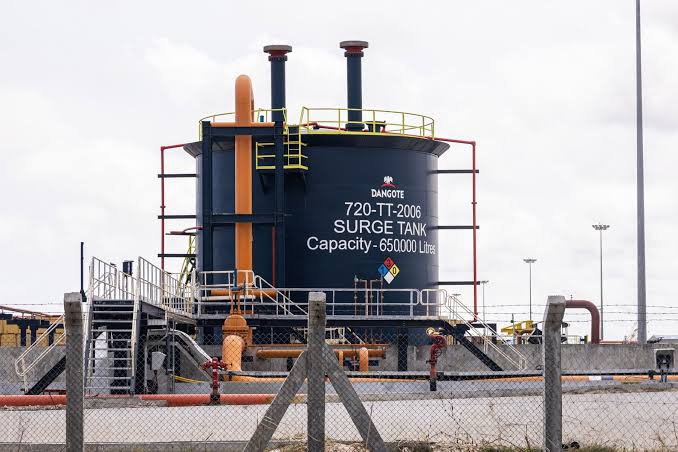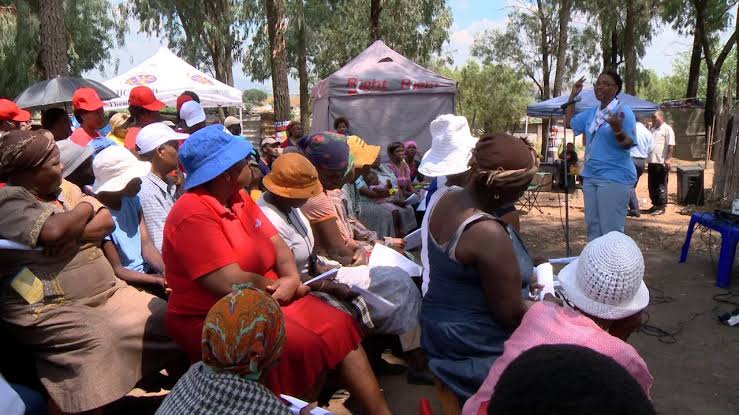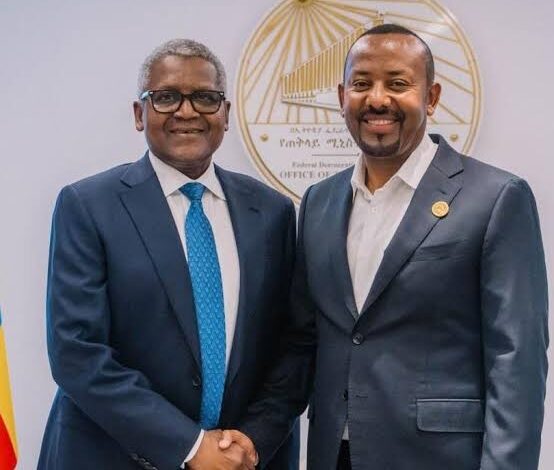
Faith Nyasuguta
Ethiopia has struck a landmark deal with Nigeria’s Dangote Group to construct a massive fertiliser production facility worth $2.5 billion in Gode, a town in the southeastern Ethiopia. The announcement, made by Prime Minister Abiy Ahmed on Thursday through social media, is being hailed as a game-changer for Ethiopia’s agricultural sector and a milestone in Africa’s push toward food security and industrial independence.
The facility, once completed, will rank among the five largest single-site urea production plants in the world, boasting an annual output of 3 million metric tons. The project is expected to take about 40 months to complete, with construction supported by natural gas pipelines from the Calub and Hilala fields to power the plant. Dangote Group will hold a 60 percent stake in the venture, while Ethiopia’s state-owned Ethiopian Investment Holdings (EIH) retains 40 percent, ensuring strong national involvement in the project’s ownership and oversight.
For Prime Minister Abiy, the project represents far more than industrial growth. He described it as a decisive step toward Ethiopia’s food sovereignty, reducing reliance on costly fertiliser imports and empowering local farmers with affordable inputs to boost yields. Aliko Dangote, Africa’s richest man and founder of the Dangote Group, called the project a reflection of a shared vision to industrialise Africa and guarantee food security across the continent.
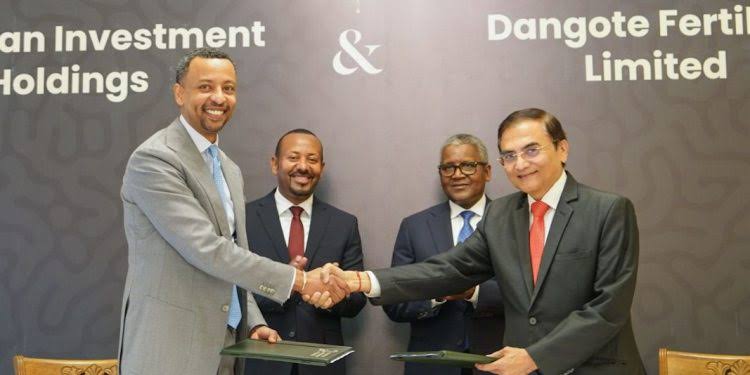
Africa currently imports more than six million metric tons of fertiliser every year, a heavy financial and logistical burden that undermines agricultural productivity and exposes farmers to global price shocks. While countries like Morocco and Egypt dominate fertiliser exports, many major agricultural producers – including Ethiopia, Kenya, Zambia, and the Democratic Republic of the Congo – remain heavily dependent on imports.
By positioning Ethiopia as a major fertiliser producer, the Gode facility could significantly alter the balance, making the country not only self-sufficient but also a key supplier to its East African neighbours.
The choice of Gode as the site is also strategic. The town lies near critical trade corridors that link to Djibouti’s port, making it easier to distribute fertiliser within Ethiopia and beyond. At the same time, it injects much-needed economic activity into the Ogaden Region, one of Ethiopia’s least developed areas. The plant is expected to generate thousands of direct and indirect jobs, while boosting growth in supporting industries such as logistics, transport and agribusiness.
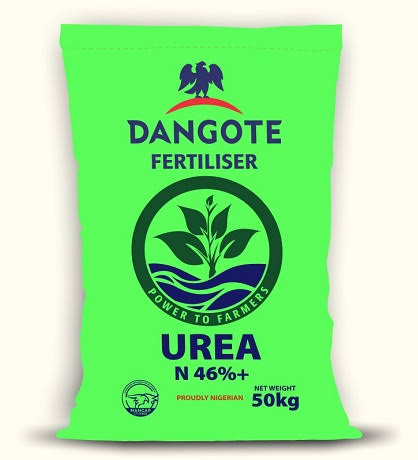
Beyond urea, the facility has been designed with scalability in mind, allowing for the future production of other fertiliser products such as ammonium nitrate and ammonium sulfate. This flexibility would give Ethiopia an added competitive edge in global and regional fertiliser markets.
Ultimately, the Dangote-Ethiopia fertiliser project represents a bold step toward industrialisation on the continent. It embodies a powerful partnership between African governments and private investors with the vision to reduce external dependencies. For Ethiopia, it is a leap toward economic transformation and agricultural resilience. For Dangote, it is another step in building a pan-African industrial empire that aims to transform Africa from a raw material exporter into a continent capable of sustaining itself.
At $2.5 billion, the project is not just an investment in infrastructure,it is an investment in Africa’s future.
RELATED:






